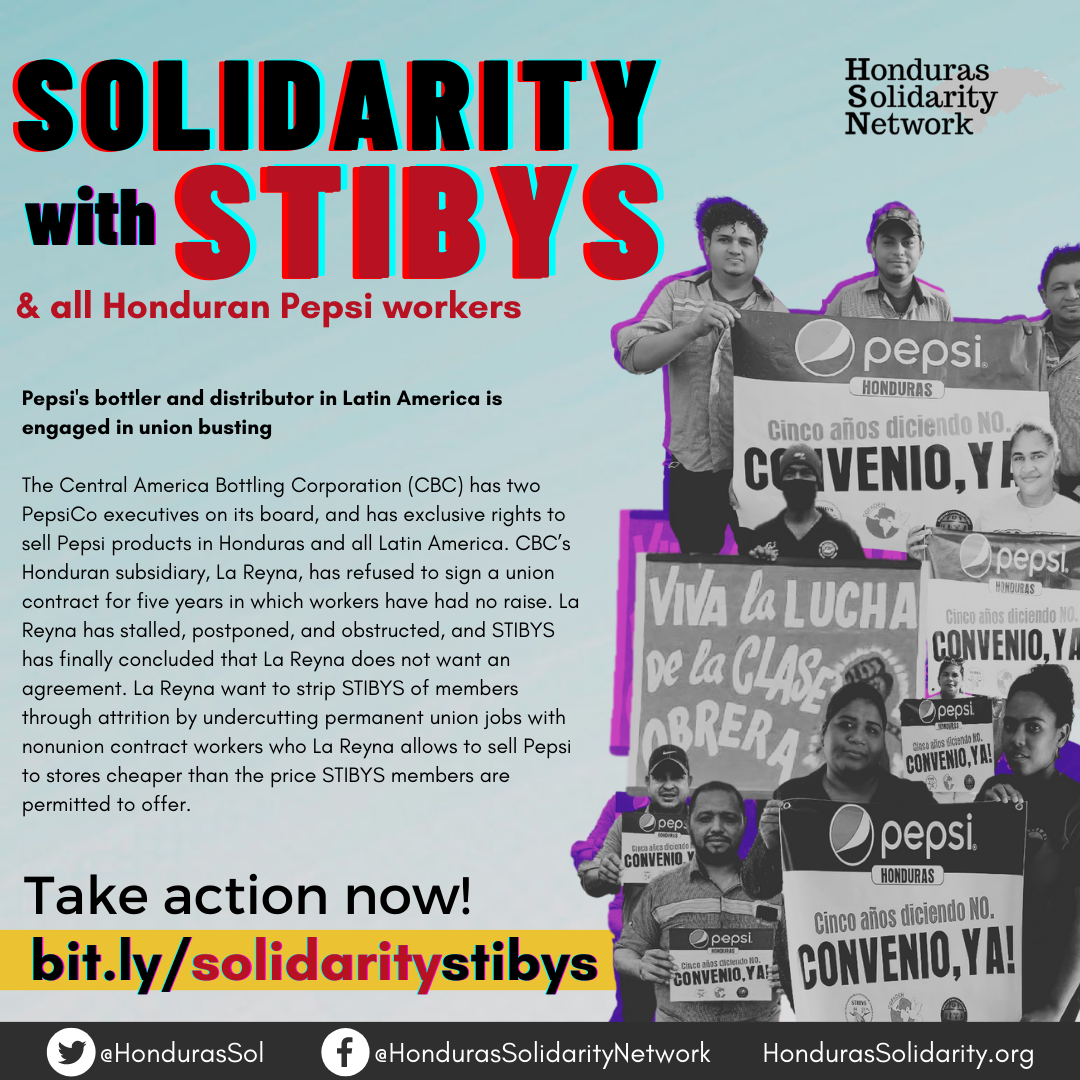Today the buzz-phrase Fair Trade is omnipresent. With the rise of consumer awareness, our stores are flooded with Fair Trade labeled products. No matter whether it's organic farmer collectives or multi-billion dollar corporations like Nestlé or Unilever, everyone is looking to get a slice of the cake that is the Fair Trad market. But far too often, it might be a scam.
With the establishment of Fair Trade International in 1997, a number of environmental and labor standards were set and had to be fulfilled in order to be Fair Trade certified. The production and trade must be,
- sustainable
- free from environmental exploitation
- free from exploitive labor
- free from child labor
- free from forced labor
Since the introduction of Fair Trade International, new certification labels have been shooting out of the ground, many with far lower standards than Fair Trade International. This includes, for example, some of the most popular labels like the Rainforest Alliance, Fair Trade USA and Fair for Life. On many farms certified by these organizations, the working conditions and wages are indistinguishable from those of non-certified farms. Today it seems like none of the original standards are actually a necessity for a certification anymore. In 2022 an especially dramatic case of abuse came to the light 0f day. A Rainforest Alliance certified farm was found to use child labor in the process of harvesting and farming. Adding on to such malpractices is the fact that many workers are not even aware if their farm is "Fair Trade certified." Without the knowledge about the standards that should be upheld by certified farms, farm workers have little to no base on which they can speak out against the widespread exploitation. Exploitive labor, wage theft, child labor and hazardous working conditions are just as common on many farms certified by these and other Fair Trade label providers.
As the popularity of Fair Trade labeled products increased, international corporations--in the hope of appealing to the more aware consumer base--began developing their on labels. These corprate labels often set the bar even lower than the Rainforest Alliance, etc. This sea of Fair Trade labels makes it increasingly more difficult for companies sticking to the Fair Trade International standards to keep up with the cheaper, mass produced competitive products. Furthermore, they lead to confusion among costumers overwhelmed by the sheer amount of different certifications.
On top of costumer fishing, Fair Trade labels provide a number of other advantages to corporations. It allows an increase of pricing for newly-certified products, provides an image improvement, and green-washes the companies' labor and environmental exploitation. Over the years, consumers have made clear that they are more driven towards ethical products. This development has led to fair trade being used in public relation campaigns by corporations pretending to produce ethically.
With this watering down of fair trade standards, more and more experts and activists criticize that:
- standards among the labels are not equal, leading to the acceptance of child labor on certified farms.
- the auditing is often sporadic or even non existent. In some industries, the inspections are carried out by the same companies who buy and resell the farmed goods. These companies often tend to certify farms as a means to rise the resale price.
- even if auditing takes place, it often fails to find abuses. For farms, it is far too easy to hide wrongdoing like child labor or wage theft. The inspections are especially bad at detecting if workers have paid recruitment fees. This is a common procedure to trap workers in debt and often is evidence of forced labor, as the workers are required to clear their debt before being able to look for a less abusive workplace.
- workers and farmers have little to no input on the implementation of fair trade standards. Till today, Fair Trade International is the only label provider that includes workers on their boards. In comparison, Fair Trade USA and the Rainforest Alliance boards are exclusively made up of corporate representatives.
Overall, it is indisputable that the labeling and auditing industry has grown immensely over the last years and is pulling in massive profits. As long as Fair Trade labeling is not led by the affected work force, the vast majority of fair trade labels will remain as profit-generating tools for greedy corporations.


